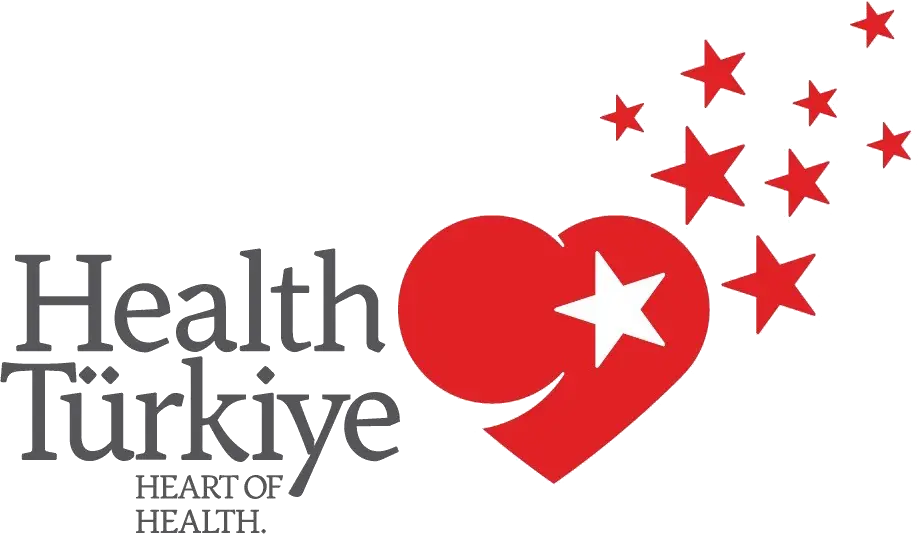HPV Vaccine: Why Is It Important for a Healthy Future?
The HPV Vaccine: Why Is It Important for a Healthy Future?
The HPV (Human Papillomavirus) vaccine is a crucial preventive health measure, especially for women's health. HPV is a common sexually transmitted virus that can lead to various types of cancer, particularly cervical cancer. Therefore, the HPV vaccine provides vital protection for a wide range of people, including young girls and women, as well as men. In this article, you will find the importance of the HPV vaccine, who should get vaccinated, how the vaccine is administered, and answers to frequently asked questions.
What is the HPV Vaccine?
The HPV vaccine is designed to develop immunity against certain types of HPV. There are many different types of HPV, some of which cause genital warts, while others can lead to cervical, vaginal, vulvar, penile, anal, and throat cancers. The HPV vaccine provides effective protection against the most dangerous types of these viruses.
Who Should Get the HPV Vaccine?
The HPV vaccine is ideally administered to boys and girls aged 9-14. At this age, the immune system responds more strongly, and the vaccine is given before the onset of sexual activity. However, young adults up to the age of 26 can also get the HPV vaccine. At older ages, it is possible to get vaccinated upon doctor's recommendation, although its effectiveness may be reduced.
How is the HPV Vaccine Administered?
The HPV vaccine is usually given intramuscularly in three doses. The second dose is administered 1-2 months after the first dose, and the third dose is given six months after the first dose. The vaccine is generally administered in the upper arm, and specific time intervals between each dose are important for the immune system to develop an effective response.
What Are the Side Effects of the HPV Vaccine?
The HPV vaccine is generally safe, and serious side effects are rare. The most common side effects include pain, redness, and swelling at the injection site. Some individuals may experience headaches, fever, fatigue, or nausea. These side effects are usually mild and temporary. Severe allergic reactions are extremely rare.
Frequently Asked Questions About the HPV Vaccine
Which diseases does the HPV vaccine protect against?
The HPV vaccine provides protection against various cancers such as cervical, vaginal, vulvar, penile, anal, and throat cancers, as well as genital warts.
Is the vaccine only necessary for women?
No, the HPV vaccine is necessary for both women and men. Men should also be protected against cancers and genital warts caused by HPV.
At what age should I get the HPV vaccine?
The ideal age is between 9 and 14, but young adults up to the age of 26 can also get vaccinated. It is possible to get vaccinated at older ages, but the effectiveness may be reduced.
Is the HPV vaccine beneficial for sexually active individuals?
Yes, sexually active individuals can also benefit from the HPV vaccine. However, its effectiveness is higher when administered before the onset of sexual activity.
How long does the protection from the HPV vaccine last?
Research shows that the HPV vaccine provides long-term protection. However, studies are still ongoing to determine how long the protection lasts.
Does the HPV vaccine provide complete protection against cancer?
The HPV vaccine provides high protection against the most common and dangerous types of HPV, but it does not provide complete protection against all types of cancer. Regular screening tests and gynecological check-ups are still necessary to reduce cancer risk.
What should I be aware of after receiving the HPV vaccine?
Mild side effects such as pain and swelling at the injection site may occur after vaccination. Sitting or lying down for the first 15 minutes after vaccination can reduce the risk of dizziness and fainting.
Can the HPV vaccine be administered during pregnancy?
The HPV vaccine is not recommended during pregnancy. If you are pregnant or planning to become pregnant, you should postpone the vaccine and consult your doctor after giving birth.
Can the HPV vaccine be administered along with other vaccines?
Yes, the HPV vaccine can be administered with other vaccines. However, different injection sites should be used for each vaccine.
Is the HPV vaccine safe?
Yes, the HPV vaccine has been tested in extensive clinical trials and proven to be safe. Serious side effects are extremely rare.
The HPV vaccine is of great importance for both women's and men's health and is an effective method in reducing cancer risk. For a healthy future, do not neglect the HPV vaccine and be sure to consult your doctor about it.

